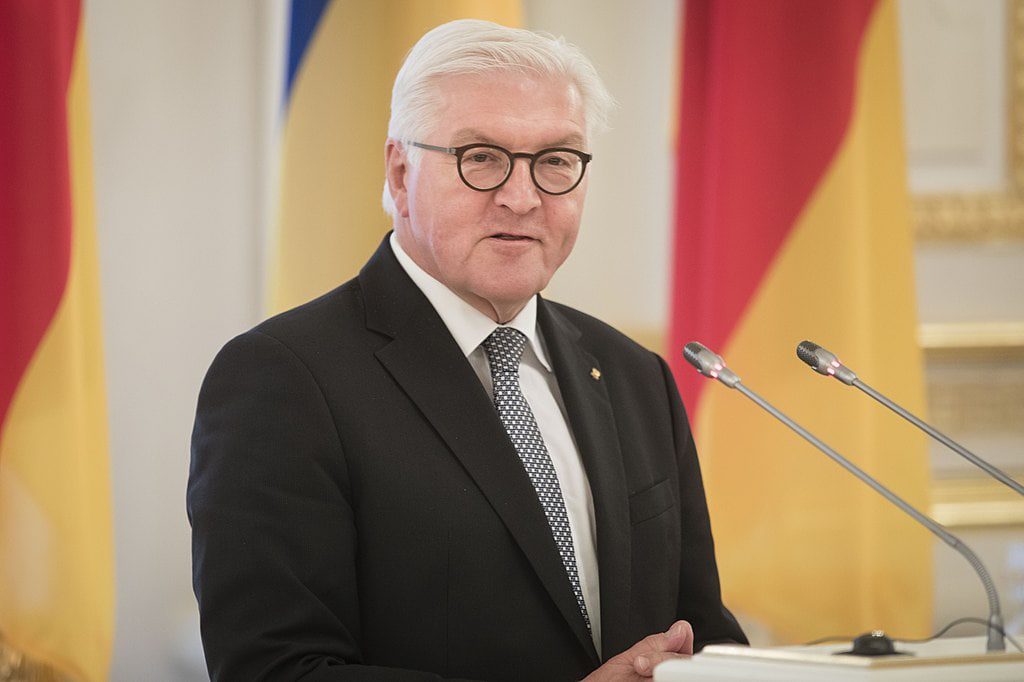
On Wednesday, the Christian Democratic Union of Germany (CDU), now the country’s largest opposition party, voiced its support for President Frank-Walter Steinmeier’s re-election, AP reports.
Outgoing CDU leader Armin Laschet defended the decision by saying that the country needs “a credible voice that brings people together and doesn’t marginalize them,” going on to praise Steinmeier’s “great foreign policy expertise.”
Sometimes confused with the chancellery, the one holding the office of the presidency is the actual head of state of Germany, while the former is head of its government. Going beyond mere ceremonial obligations, the president has the right and duty to act politically, and holds considerable moral authority. He or she can give direction to general political and societal debates and has important reserve powers in case of political instability. The office can only be held for two consecutive five-year terms.
Steinmeier (65), a member of the right-wing camp within the Social Democratic Party (SDP), has had a long, distinguished career. Before becoming president, he served twice as Angela Merkel’s foreign minister. Her predecessor, Chancellor Gerhard Schröder, had picked him as his chief of staff.
The CDU’s support came unexpectedly, since a few figures in the center-right CDU had previously advocated nominating a woman for president, which Germany has never had. Laschet didn’t doubt that “the time will come when a woman becomes president,” but that “after weighing the different arguments, we decided in this phase in which Germany now stands to give our support to a president who is prepared to carry on doing his duty for the country.”
When the Greens became the last of the three parties currently in power to endorse Steinmeier, the margin of success for any challenger became slim. Now, with backing by the center-right from the opposition, a Steinmeier second term appears certain.
The election will take place during a special assembly—composed of members of parliament’s lower house and an equal number of representatives of Germany’s 16 states—on February 13th.
